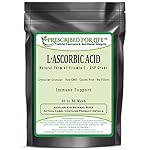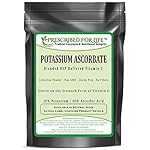Creating children and bringing them into this world was one of God’s very first instructions, as it is said in Genesis 1:28, “Be fruitful and increase in number; fill the earth and subdue it.” Unfortunately, there are a number of factors that can impact a couple’s ability to get pregnant. Today, we are going to focus specifically on the impact of chemotherapy on infertility.
The Risks of Chemotherapy
According to the American Cancer Society, nearly all drugs used in chemotherapy can lead to infertility – in both men and women. Interestingly, however, research has shown that men are more likely to receive information about these risks and the potential alternative options available to them than women are.
For women, chemotherapy can cause harm to eggs in the ovaries and make it more difficult to get pregnant down the road. Variables to take into consideration include the age of the patient undergoing chemo and the type of chemo drugs used. As women age, they have fewer and fewer eggs and thus, less of a chance of conceiving in the first place. According to the ACS, women 35 and younger who undergo chemotherapy have the best odds of still being fertile after treatment.
“Women 35 and younger have the best odds of fertility after chemo.”
The risk of early menopause, which would cause premature ovarian failure or primary ovarian insufficiency, is a real concern for women using chemo drugs, as Cancer Research UK explained. This happens when a menstrual cycle becomes
Find related health products at our online shop
The post The Impact of Chemotherapy on Fertility appeared first on Top Seller Website.
* This article was originally published at www.topsellers.websi www.topsellers.website

















